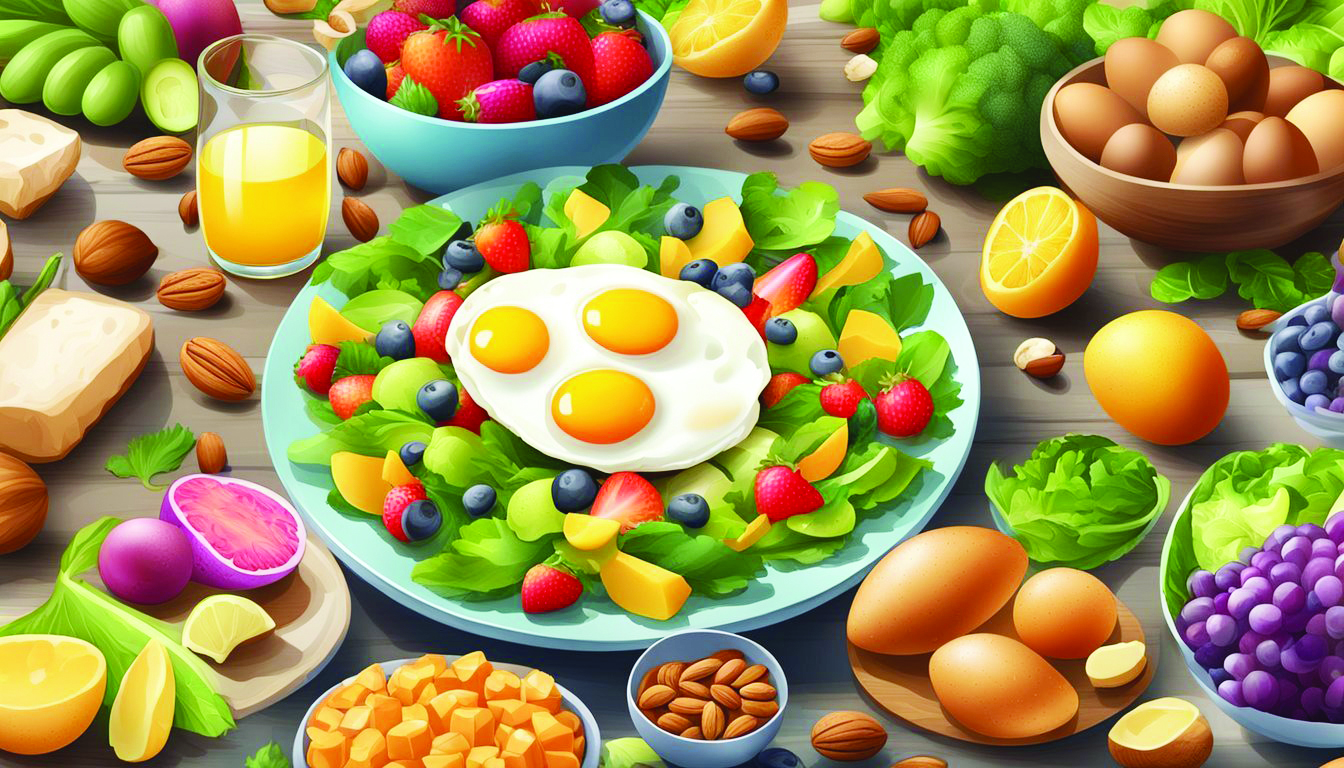Hair loss is a common concern that affects people of all ages. While genetics, stress, and medical conditions are well-known factors, the role of vitamins and minerals in maintaining healthy hair is often overlooked. Here, we delve into how supplementing your diet with the right vitamins and minerals can promote hair growth and prevent hair loss.
Vitamin A is essential for cell growth and differentiation, including the cells in the hair follicle. It helps in sebum production, which keeps the scalp moisturized and hair healthy. However, excessive vitamin A can lead to hair loss. To maintain healthy hair, it is crucial to balance vitamin A intake, preferably through a diet rich in beta-carotene (found in carrots, sweet potatoes, and spinach) rather than excessive supplementation.
Vitamin B, particularly biotin (B7), are often associated with hair health. Biotin is a cofactor for enzymes involved in fatty acid metabolism, which is vital for hair structure. While biotin deficiency is rare, ensuring adequate intake through diet (eggs, nuts, and whole grains) can support hair growth.
Vitamin C is a powerful antioxidant that helps protect hair from oxidative stress caused by free radicals. It also aids in collagen synthesis, a crucial component of hair structure, and improves iron absorption, which is vital for hair growth. Including vitamin C-rich foods like citrus fruits, strawberries, and bell peppers in your diet can bolster your hair health.
Vitamin D plays a role in the hair follicle cycle, and its deficiency can disrupt the normal hair growth process. Sun exposure is a natural source of vitamin D, but supplements can help maintain adequate levels, especially in individuals with limited sun exposure or absorption issues.
Iron deficiency is a well-known cause of hair loss, particularly in women. Iron helps red blood cells carry oxygen to hair follicles, essential for their growth and repair. Foods rich in iron include red meat, beans, and fortified cereals. Pairing iron-rich foods with vitamin C can enhance absorption.
Zinc deficiency can lead to hair loss and scalp issues. While zinc supplements are available, excessive intake can interfere with other minerals and cause toxicity. It’s best to obtain zinc through a balanced diet that includes meat, shellfish, legumes, and seeds. Maintaining a well-balanced diet rich in these essential vitamins and minerals can support hair health and prevent hair loss. While supplements can help address deficiencies, it’s important to avoid excessive intake and consult with a healthcare provider before starting any new supplement regimen. By understanding the role of micronutrients in hair growth, you can take proactive steps to maintain a healthy, vibrant mane.























